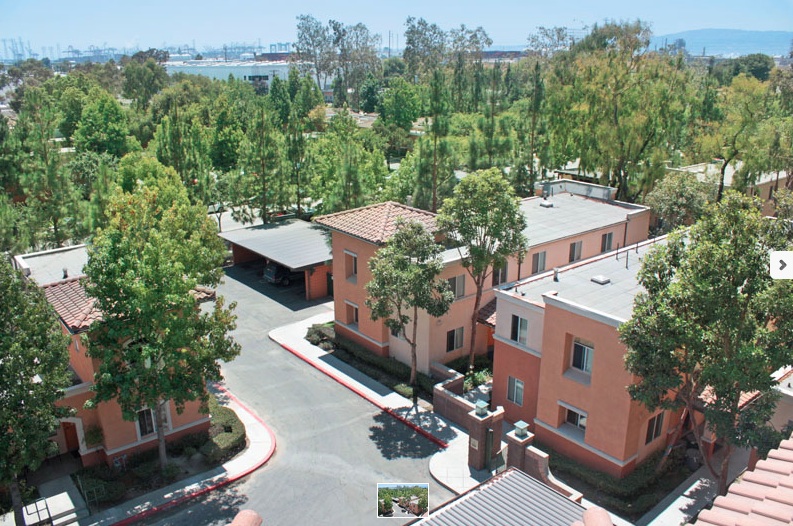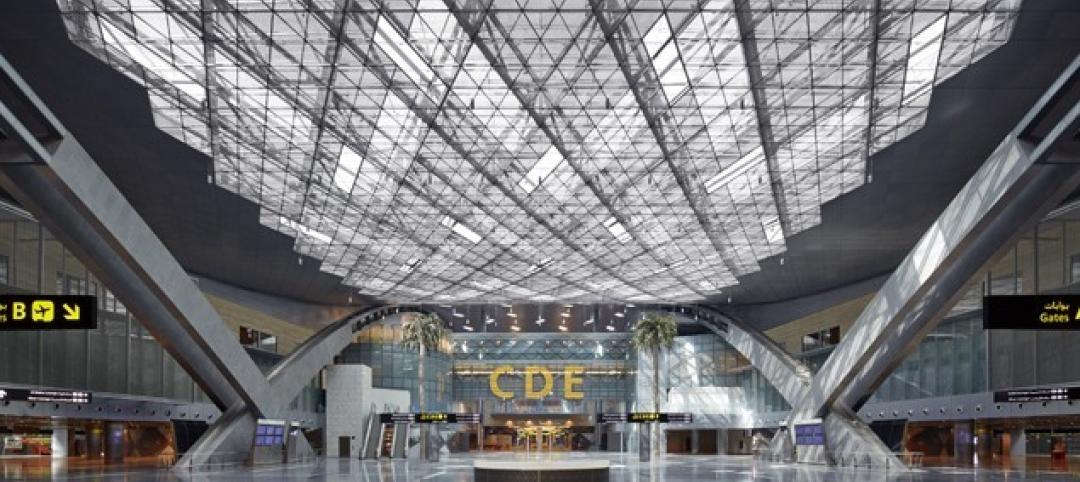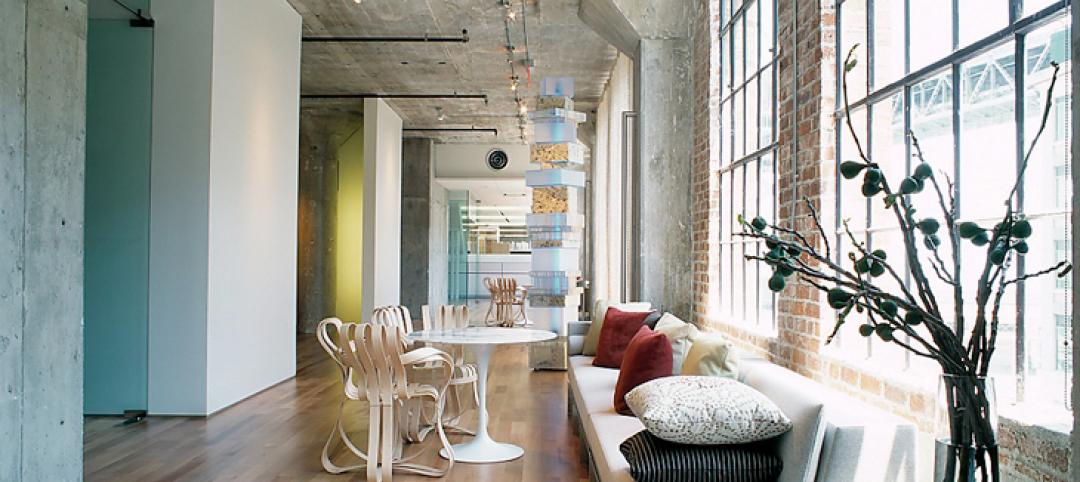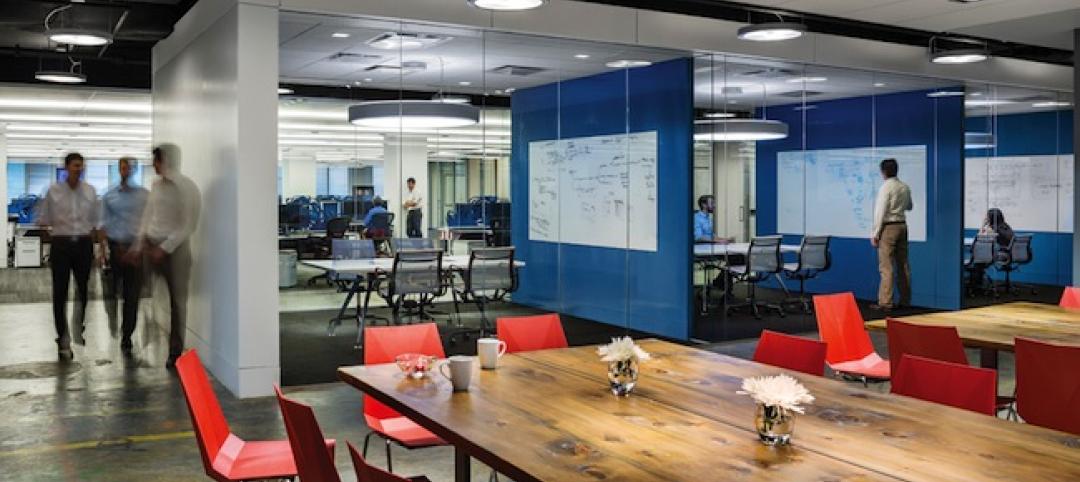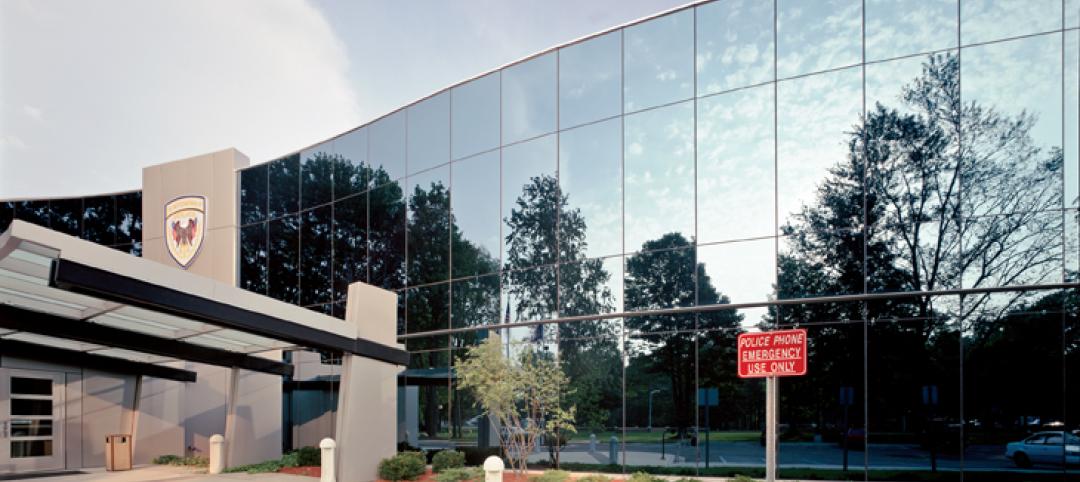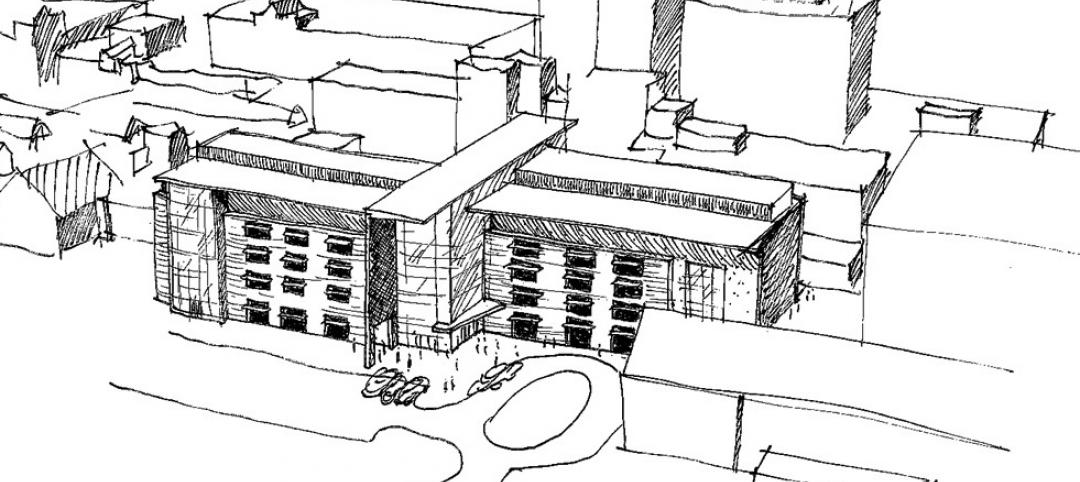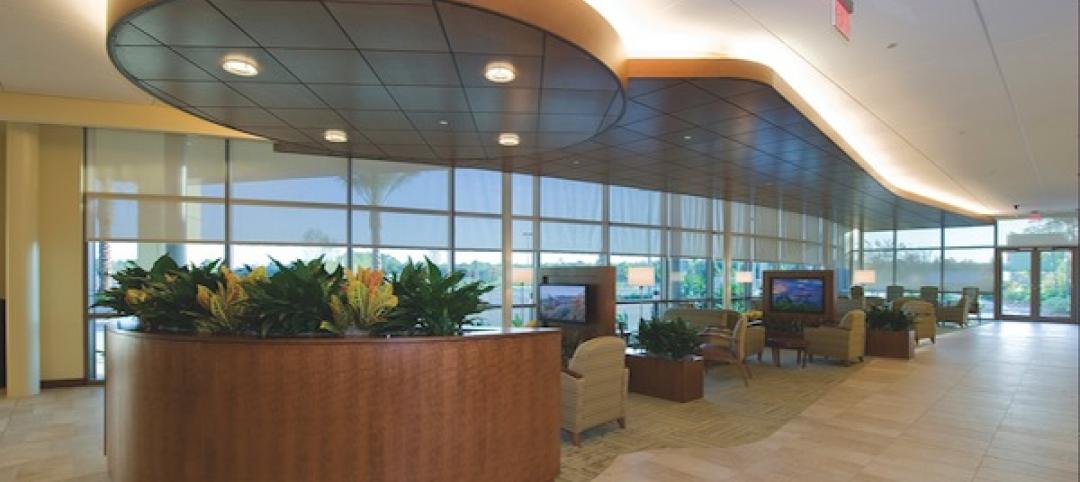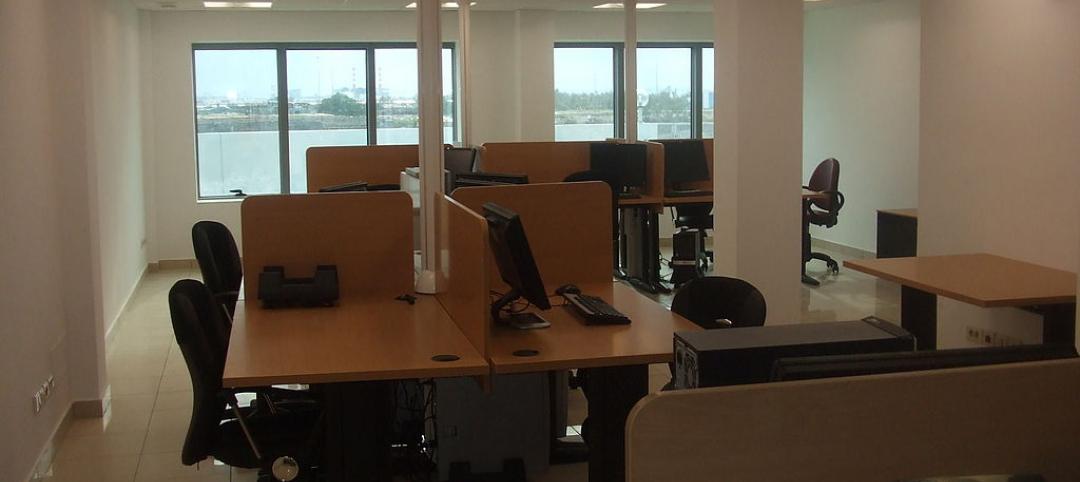The U.S. Green Building Council (USGBC) and Bank of America Charitable Foundation announced today the 11 projects selected for the 2014 Affordable Green Neighborhoods (AGN) grant program.
Each of these neighborhood redevelopment projects are pursuing certification under USGBC’s LEED for Neighborhood Development rating system and are notable for their planned affordable housing, compact design, commitment to green building and sites located near transit or other existing amenities.
“Neighborhoods are central to the health and wellbeing of an entire community, and providing affordable, sustainable housing is critical to USGBC’s mission of creating green buildings for all,” said Rick Fedrizzi, president, CEO and founding chair, USGBC. “We commend Bank of America for their support and commitment to sustainable communities and applaud this year’s grant recipients for their work to advance neighborhood scale sustainability in their communities.”
This program is funded by a two-year, $500,000 grant from the Bank of America Charitable Foundation. Since 2010, these grants have helped to create affordable, sustainable neighborhoods across the country. Each of this year’s projects will receive a $31,000 cash award as well as an educational package to support their pursuit of LEED for Neighborhood Development certification. In addition, five of the grantees will also receive a two-day, in-person technical assistance session with USGBC staff.
LEED for Neighborhood Development integrates the principles of smart growth, new urbanism and green building, while benefitting communities by reducing urban sprawl, increasing transportation choices and decreasing automobile dependence, encouraging healthy living and protecting threatened species.
The 2014 AGN grant recipients are:
• Bartlett Place – Roxbury, Mass.
• Butler Street Y Lofts – Atlanta, Ga.
• Essex Crossing – New York, N.Y.
• Faubourg Lafitte – New Orleans, La.
• Northwest Gardens – Ft. Lauderdale, Fla.
• Rebuild Potrero – San Francisco, Calif.
• Sheppard Square HOPE VI Revitalization – Louisville, Ky.
• TNT Eco-Innovation District – Dorchester, Mass.
• Villages at Cabrillo – Long Beach, Calif.
• West Grand and Brush – Oakland, Calif.
• Westview Village – Ventura, Calif.
“The commitment of these grantees to plan energy efficient, affordable housing is inspiring,” said Alex Liftman, global environmental executive, Bank of America. “Bank of America is pleased to support this initiative that’s helping strengthen our neighborhoods and accelerate the transition to a low-carbon energy future.”
The six members of the AGN review committee, who were selected for their industry leadership, represent the perspectives of architecture and design, New Urbanism, smart growth, affordable housing, community development and tax credit financing. In their deliberations, the review committee members evaluated potential projects on several criteria relating to the strength of the project, the financial needs of the project team and the potential value to the community.
Of the 20 projects previously awarded grants, seven have achieved LEED certification thus far. This includes the first LEED ND Platinum certification in the United States (Paseo Verde in Philadelphia), five LEED Silver certifications and one LEED Gold certification. These seven projects represent more than 270 acres of land, including the construction or major renovation of 4,581 dwelling units and nearly 7.875 million gross square feet of development all to the highest standards of sustainability and inclusion. The remaining AGN grant recipients are LEED registered projects working toward completion.
For more information on the AGN program and recipients, please visit our site.
Related Stories
| Dec 28, 2014
The future of airport terminal design: destination status, five-star amenities, stress-free travel
Taking a cue from the hospitality industry, airport executives are seeking to make their facilities feel more like destinations, writes HOK's Richard Gammon.
| Dec 28, 2014
10 key design interventions for a healthier, happier, and more productive workplace
Numerous studies and mountains of evidence confirm what common sense has long suggested: healthy, happier workers are more productive, more likely to collaborate with colleagues, and more likely to innovate in ways that benefit the bottom line, writes Gensler's Kirsten Ritchie.
| Dec 28, 2014
7 fresh retail design strategies
Generic ‘boxes’ and indifferent service won’t cut it with today’s savvy shoppers. Retailers are seeking a technology-rich-but-handmade vibe, plus greater speed to market and adaptability.
| Dec 28, 2014
Workplace design trends: Make way for the Millennials
Driven by changing work styles, mobile technology, and the growing presence of Millennials, today’s workplaces are changing, mostly for the better. We examine the top office design trends.
| Dec 28, 2014
AIA: Commercial glass façade and door systems
When it comes to selecting fenestration systems—particularly glass facades and door systems—a number of factors come into play, requiring a thorough evaluation of a project’s individual requirements.
| Dec 28, 2014
10 essential habits of successful architects
Want to take the next step as a design processional? John Gresko, Senior Project Architect with HDR, explores the traits that many great architects possess.
| Dec 28, 2014
10 unglamorous things architects do
An acquaintance recently asked me about the kinds of things I did on a day-to-day basis at work, anticipating a response loaded with enviable activities. She was wrong, writes HDR's John Gresko.
| Dec 28, 2014
New trends in ceiling designs and materials [AIA course]
A broad array of new and improved ceiling products offers designers everything from superior acoustics and closed-loop, recycled content to eased integration with lighting systems, HVAC diffusers, fire sprinkler heads, and other overhead problems. This course describes how Building Teams are exploring ways to go beyond the treatment of ceilings as white, monolithic planes.
| Dec 27, 2014
7 ways to enhance workplace mobility
The open work environment has allowed owners to house more employees in smaller spaces, minimizing the required real estate and capital costs. But, what about all of their wireless devices?
| Dec 27, 2014
'Core-first' construction technique cuts costs, saves time on NYC high-rise project
When Plaza Construction first introduced the concept of "core first" in managing the construction of a major office building, the procedure of pouring concrete prior to erecting a steel frame had never been done in New York City.


